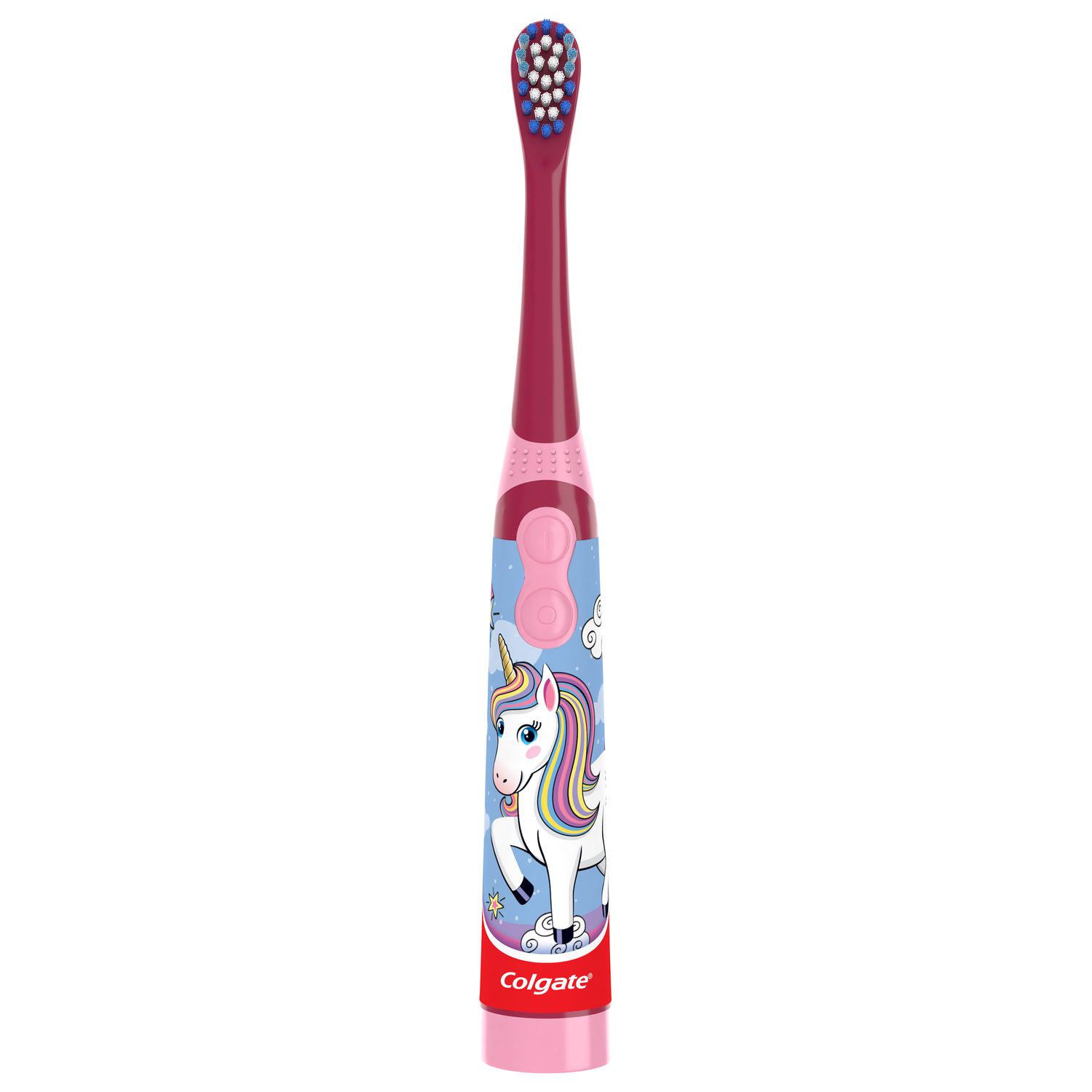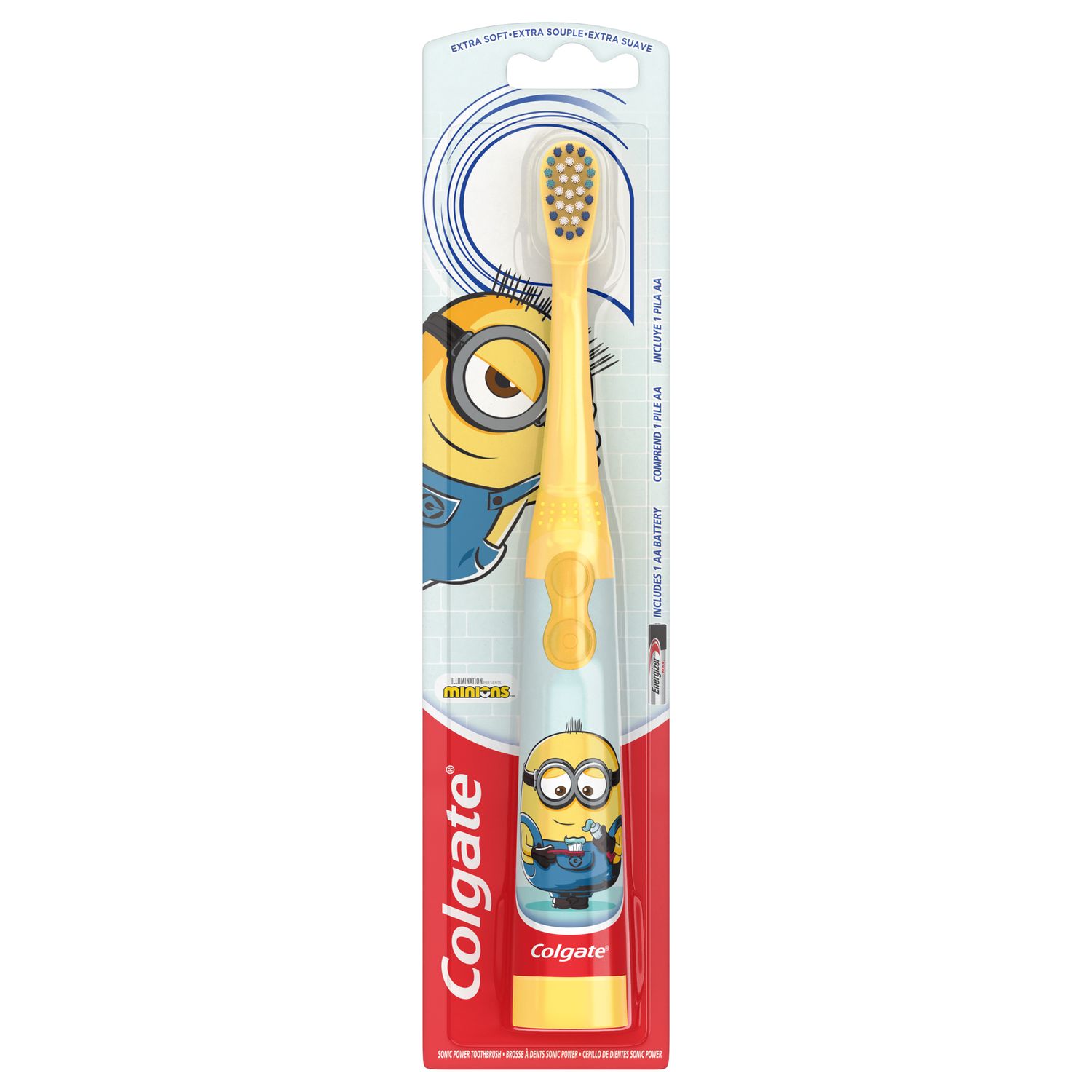Why Your Child Should Stop Sucking Their Thumb
Babies are born with natural rooting and sucking reflexes that help them to feed. When your child sucks their thumb, it's driven by this same instinct. It provides them security, comfort, and even happiness. It soothes, relieves anxiety, and helps them drift off to sleep. Thumb sucking is actually a pretty powerful tool nature has given us. Unfortunately, if thumb sucking carries on too long, the Journal of Oral Health and Craniofacial Science warns that it can lead to oral health and social issues. these might include:
- An overbite, where the front teeth stick out.
- An underbite or backbite, where the bottom front teeth tip inwards.
- An open bite, where the top and bottom front teeth don’t touch together.
- Changes to the shape of the jaw.
- Speech problems such as a lisp.
- Improper resting position of the tongue.
- Sensitivity or distortion of the roof of the mouth.
- Irregular wear on some teeth due to abnormal pressure.
- Difficulties chewing or swallowing.
- Self-consciousness and possible teasing from peers.
To prevent problems like these, the American Dental Association (ADA) advises that children should stop thumb sucking before the age of four. If thumb sucking is stopped before the permanent teeth come in, changes to the bite can often correct themselves.
An open bite may require an oral appliance in the upper arch and palate. This will dissuade thumb sucking and help normal lip movement close the gap and return the alignment to normal.
What to Do if Your Child is Sucking Their Thumb
Now you know why your child should stop sucking their thumb – but how do you help them to stop? There's no single remedy to stop thumb sucking for everyone. Each child is unique, so you may have to experiment with what works best for them. Here are some useful tips that may help:
1. Talk about thumb sucking. All your child knows is that thumb sucking makes them feel good! The more they know about the possible negative consequences of sucking their thumb, the more willing and cooperative they’re likely to be. Use photos to help illustrate your point.
2. Use distraction. Keep your child busy during the day with arts, crafts, games, and engaging activities that will occupy their hands and their minds. Fidget spinners and similar toys are great for keeping anxious hands busy!
3. Try positive reinforcement. Toddlers and children love to know that they’re doing a good job. Show them your approval with lots of encouragement and praise when they go for a certain length of time without sucking their thumb.
4. Keep it calm. Many kids suck their thumb as a soothing mechanism when they're anxious or insecure. Create a calming and comfortable environment for them so they won't need to suck their thumb. And when they slip, don’t make too big a deal of it. Just calmly remind them and redirect their attention.
5. Use rewards. One of the most time-honored strategic parental tactics — reward them when they're good. Give your child a little treat when they go without sucking their thumb, and have them work towards bigger prizes for longer “winning streaks”.
6. Try wearables. Bedtime is when a lot of children reach for the familiar comfort of thumb sucking. Try a glove, bandage, or thumb sucking guard to prevent your child sucking their thumb. Avoid small things like band-aids, though, as they can slip off the thumb and cause a choking hazard.
7. Call a professional. Sometimes a message carries more weight when it comes from someone in authority, so let your dentist do the persuading for you. They can explain to your child the detailed negative effects thumb sucking can have, as well as give you other quitting tips to try.
It may not be easy to get your little one to quit sucking their thumb. And it may take a village. But when they do a good job, spoil your child and show how proud you are of them. Their healthy smile will be well worth the effort!
Frequently Asked Questions About Thumb Sucking
Why is thumb sucking a concern for children's oral health?
Thumb sucking can lead to problems with the alignment of your child’s teeth. This can sometimes lead to difficulties chewing, swallowing and speaking later on, and may require orthodontic treatment to fix.
At what age should I be concerned about my child's thumb sucking habit?
Ideally, you’ll want your child to have broken the thumb sucking habit by the age of four, when bite issues are likely to correct themselves. If they’re still thumb sucking by the time the permanent teeth start to come in, long-term negative effects are more likely.
What are some potential consequences of prolonged thumb sucking?
The most common consequence of thumb sucking is misaligned teeth. For example, it can lead to an open bite, where the top front teeth stick out, or an underbite, where the bottom front teeth tip inwards. Prolonged thumb sucking can also cause jaw problems and speech impediments. And older children who suck their thumbs and/or have speech impediments can often experience social consequences like teasing and self-consciousness.
How can I help my child break the thumb sucking habit?
It takes patience, but you can help your child to stop thumb sucking using techniques like explanation, distraction, praise, and rewards. Remember to always stay calm and ask your dentist for advice if your efforts are not working.
Are there any products or methods that can help deter thumb sucking?
A thumb sucking guard can help to stop your child thumb sucking. You can also try using gloves or bandages. Don’t use small items like band-aids though, as they can slip off and cause a choking hazard.
Oral Care Center articles are reviewed by an oral health medical professional. This information is for educational purposes only. This content is not intended to be a substitute for professional medical advice, diagnosis or treatment. Always seek the advice of your dentist, physician or other qualified healthcare provider.
ORAL HEALTH QUIZ
What's behind your smile?
Take our Oral Health assessment to get the most from your oral care routine
ORAL HEALTH QUIZ
What's behind your smile?
Take our Oral Health assessment to get the most from your oral care routine















